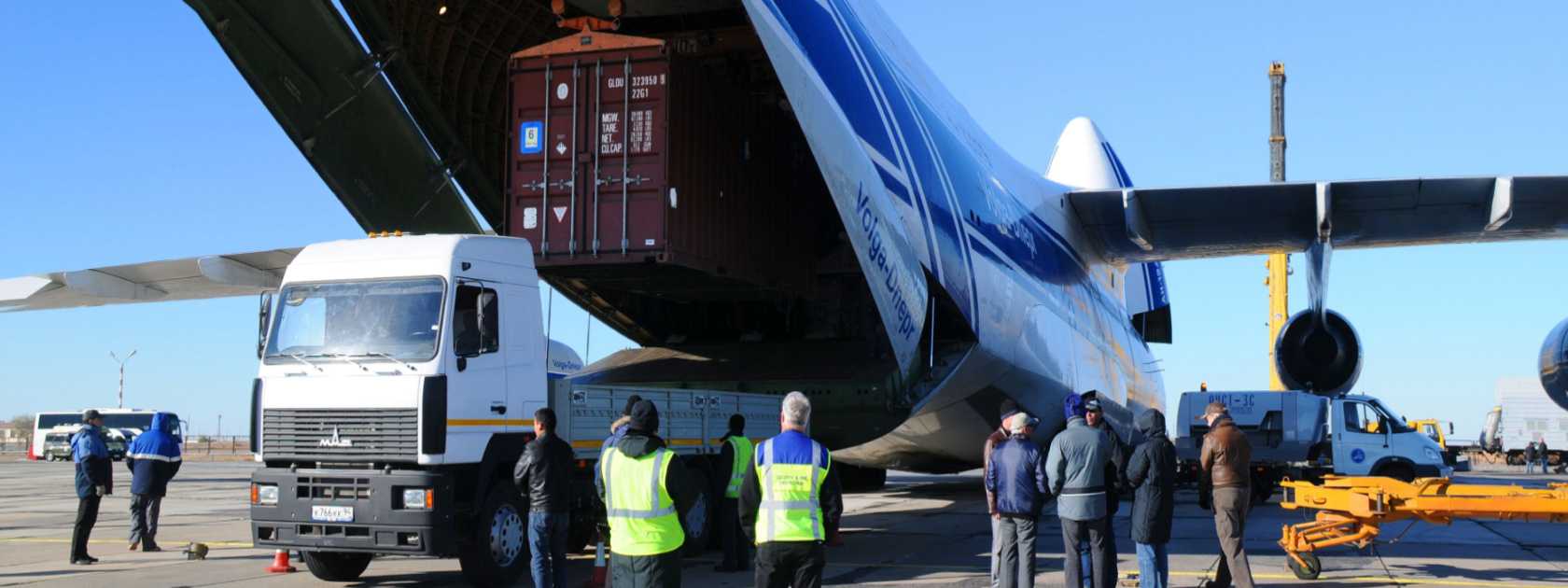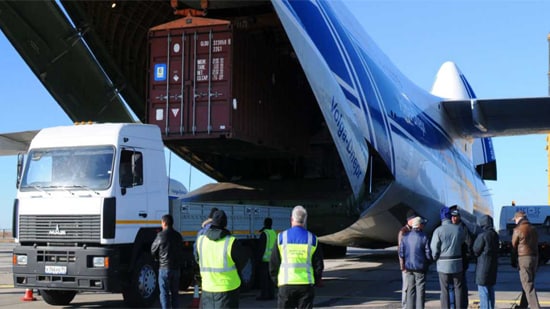How Cargo Charter Became the Solution to the Scheduled Capacity Problem
324 billion in gross passenger operating revenue for airlines.While air freight has by no means been immune to the impact of world events, air cargo news outlets report that the industry has managed to claw back all or most of its pre-2020 cargo volumes due mainly to its response to the rapidly changing environment.
A key factor affecting cargo volumes was the grounding of more than 90% of the world’s passenger planes in 2020. These aircraft had carried cargo payloads in dedicated belly space not required for passenger luggage, typically five to eight tons worth per flight.
Then came the unprecedented push to transport essential medical supplies and Covid-19 vaccinations around the world, with aircraft of every kind pressed into service, from large passenger planes with seats stripped to accommodate cargo to private charter planes loaded with lifesaving loads.
The air cargo sector’s response was quick and largely effective, thanks to new levels of cooperation among service providers, rapid recalibration of old existing services to accommodate a new breed of passenger freighters called ‘preighters’, a fresh look at the challenges around cargo infrastructure at airports, and even renewed energy around the digitization of cargo processes.
Dan Morgan-Evans, ACS Global Cargo Director, looks beyond the initial disruptions of 2020

Industries will likely have to contend with continuing very high general air cargo charter rates due to Covid-related global demand, which started with aircraft flying PPE, then testing kits and vaccines. That is likely to be the case at least until more passenger aircraft bellyhold capacity becomes widely available and trade in many regions continues to recover.
With passenger services not expected to return to pre-Covid levels for the foreseeable future, along with ocean freight supply chain issues making it difficult to ship cargo by road and sea, freight forwarders will have to keep thinking outside the box to keep shipments moving.
This has led to an upswing in private cargo charter as a reliable and flexible alternative to belly freight, with the trend set to continue throughout 2022 and beyond as scheduled services take steps toward recovery.
When the sharp rise in demand for cargo private plane charters initially outstripped freighter availability, many carriers began transporting lightweight cargo in the empty cabins of passenger aircraft, removing seats and securing boxes to seat tracks on the floor with cargo nets. One of the first charters ACS arranged of this kind was in March 2020, moving PPE from Shanghai, China to Bratislava, Slovakia, in the hold and cabin of a Boeing B787-9.
For larger shipments such as automotive equipment and machinery, many grounded passenger aircraft have been converted into freighters - sometimes at astronomical costs - to meet skyrocketing demand. Aerospace data analyst Antoine Fafard expects this trend to continue, with 1,000 freighters entering the market by 2030; most of them passenger conversions.
What began as a stopgap at the start of the pandemic, has now become the new normal for cargo transportation. At a time when industries have found themselves blindsided by belly freight suddenly grinding to a halt, the personalised service and trusted expertise that come with cargo chartering make it a welcome solution.
Morgan-Evans says: “With so much uncertainty around when scheduled capacity will fully recover from the effects of the pandemic, our customers view cargo charter as the most reliable, flexible and cost-effective solution for transporting vital goods around the world. For now, it looks like cargo charter is the best way to keep supply chains moving during this global crisis.”
To find out more about how you can leverage air cargo charter as a solution for your transportation requirements, or to receive a personalised quotation, contact our experienced brokers or call now on +44(0)20 8339 8555.

 Air cargo charter flights are set to remain in demand for the foreseeable future amid supply chain disruptions and limited capacity options. Find out more about how e-commerce and PPE shipments are likely to continue to boost demand for air cargo capacity.
Air cargo charter flights are set to remain in demand for the foreseeable future amid supply chain disruptions and limited capacity options. Find out more about how e-commerce and PPE shipments are likely to continue to boost demand for air cargo capacity. 

